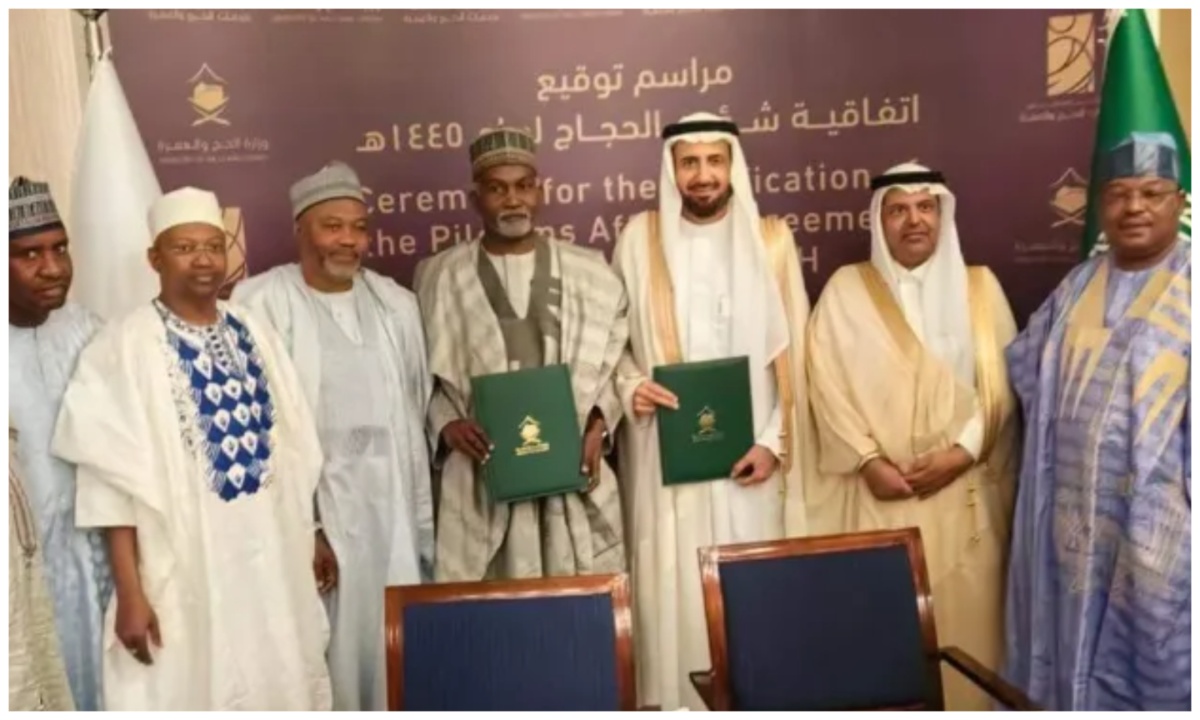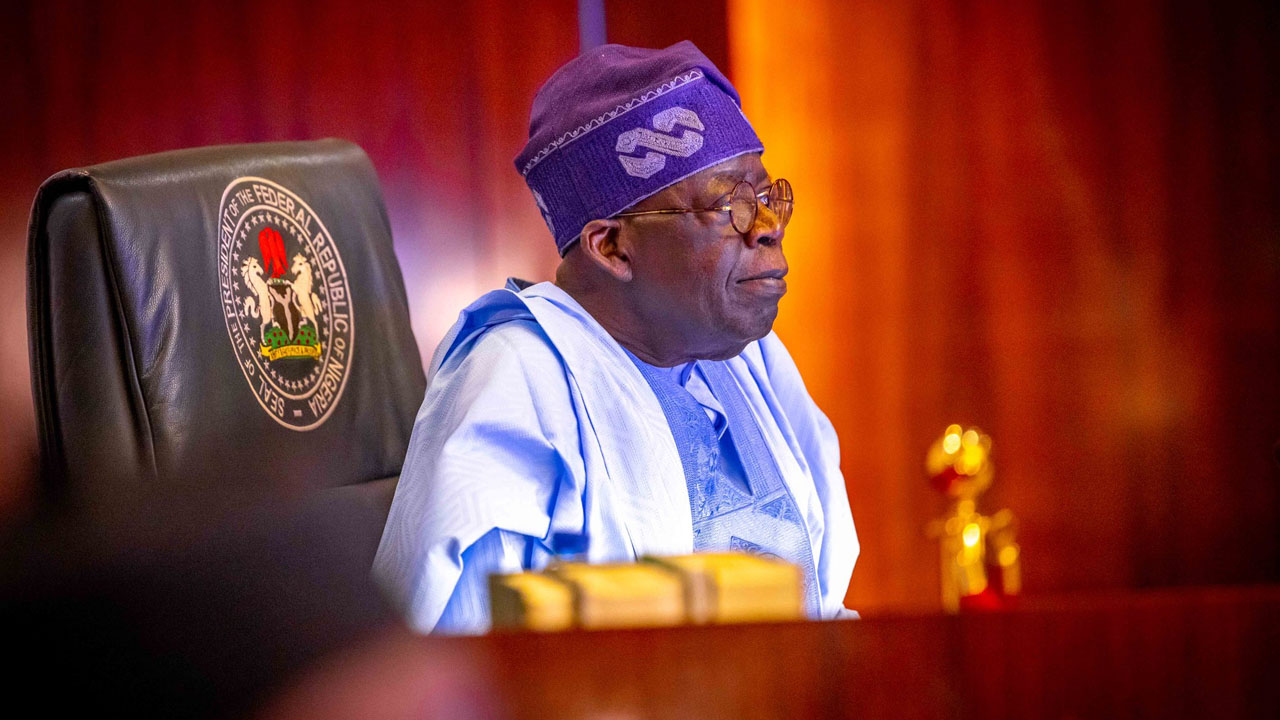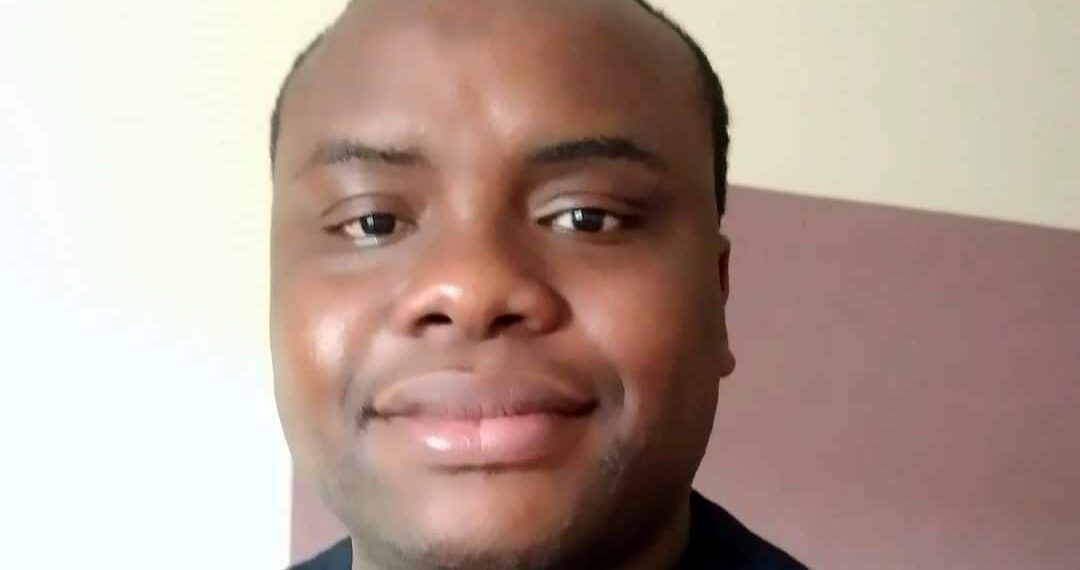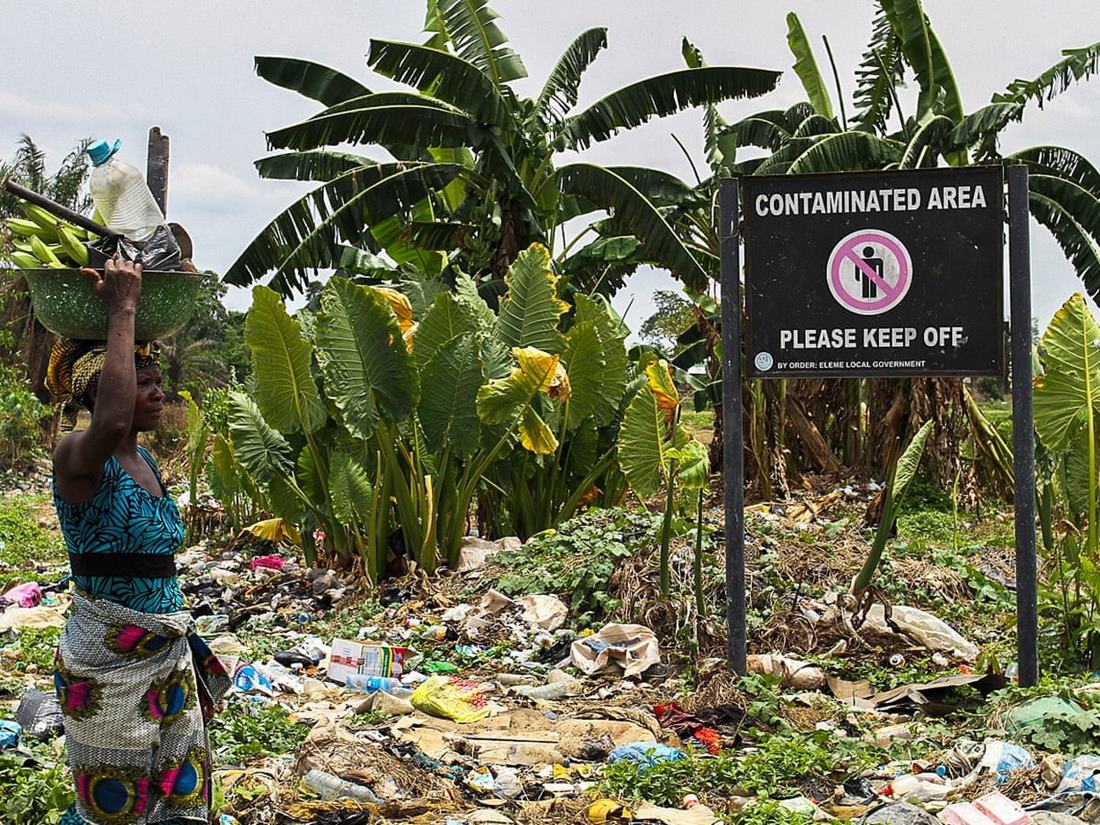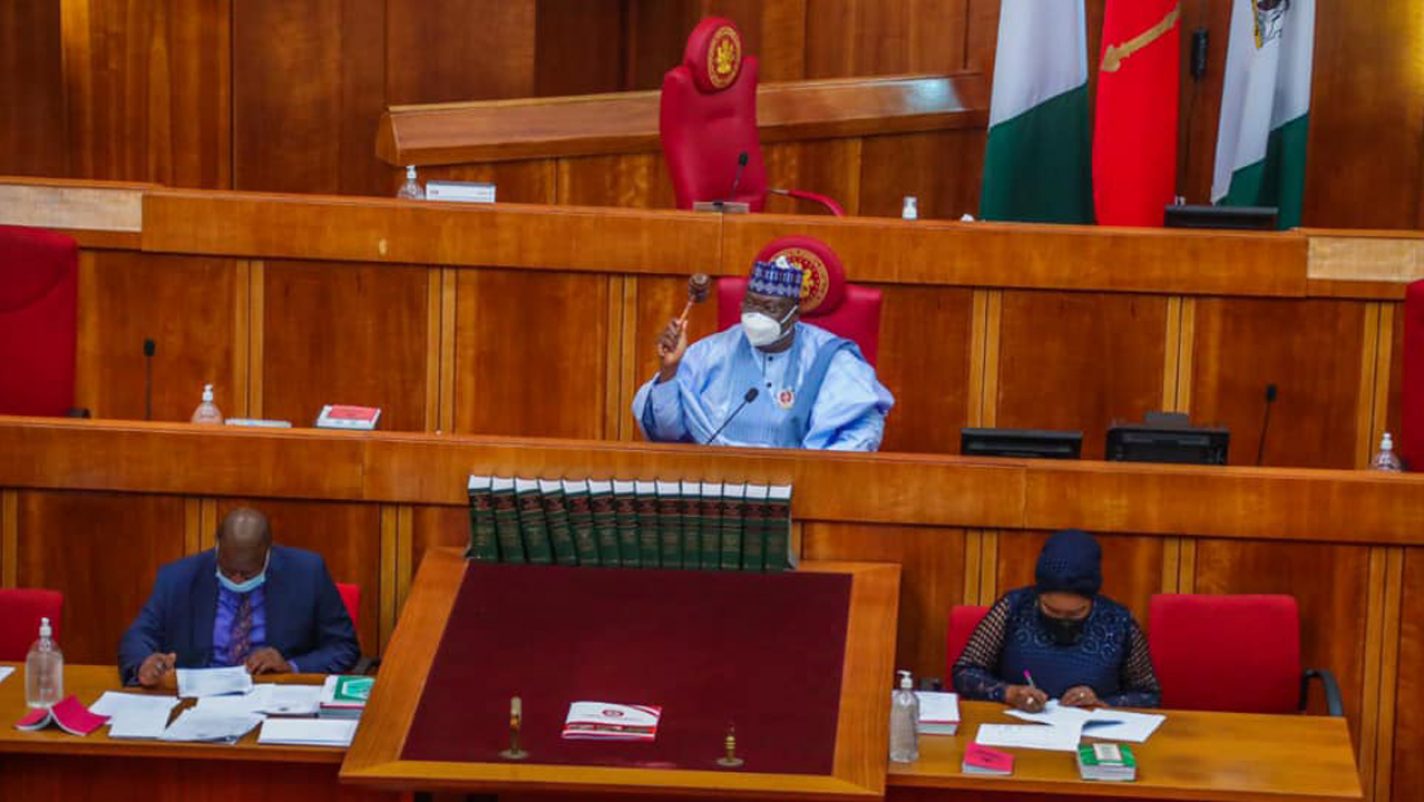In a significant development, Nigeria has signed a Memorandum of Understanding (MoU) with Saudi Arabian authorities to ensure the seamless and well-organized execution of the 2024 Hajj pilgrimage. The National Hajj Commission of Nigeria (NAHCON) confirmed this momentous achievement in a statement released on Sunday in Abuja.
According to Fatima Sanda-Usara, the assistant director of Public Affairs at NAHCON, Nigeria, represented by key officials led by Minister of Foreign Affairs Mr. Yusuf Tuggar and acting Chairman of NAHCON Malam Jalal Arabi, solidified its commitment to a successful Hajj by formalizing the 2024 (1445AH) Hajj Memorandum of Understanding with the Saudi Ministry of Hajj and Umrah. The signing ceremony took place in Jeddah, Saudi Arabia.
Before the MoU signing, the Nigerian delegation engaged in productive discussions with the Saudi Minister of Hajj and Umrah. Nigeria took the opportunity to raise the issue of a lasting solution to the shortage of tents in Muna, an important area for the Hajj pilgrimage. Additionally, the Nigerian government emphasized the need for more favorable terms for Nigerian carriers involved in transporting pilgrims. Furthermore, the Nigerian team extended an invitation to the Saudi Minister of Hajj and Umrah to visit Nigeria.
Mrs. Sanda-Usara highlighted that the Saudi Minister acknowledged the challenge of space in Muna and assured the Nigerian delegation that efforts were underway to optimize the utilization of the available two million square meters to accommodate the over two million annual pilgrims. The Saudi Minister expressed the ministry’s support for all measures aimed at providing the best services to pilgrims and agreed to visit Nigeria in the near future.
The meeting was attended by other key participants, including the Nigerian Consul-General in Jeddah, Bello Kazaure, senior officers from the Nigerian Mission in Saudi Arabia, and representatives from NAHCON.
Nigeria has been allocated 95,000 Hajj slots by the Saudi Arabian Ministry for Hajj and Umrah for the 2024 holy pilgrimage. This allocation demonstrates the strong bilateral relationship between Nigeria and Saudi Arabia and the trust placed in Nigeria to ensure a smooth and successful Hajj experience for its citizens.
With the MoU in place, Nigeria is poised to enhance its coordination and cooperation with Saudi Arabia to address logistical challenges, improve services, and provide a memorable and spiritually fulfilling Hajj experience for Nigerian pilgrims. The signing of the MoU marks an important milestone in the preparations for the 2024 Hajj, bringing Nigeria a step closer to facilitating a well-organized and hassle-free pilgrimage for its citizens.


